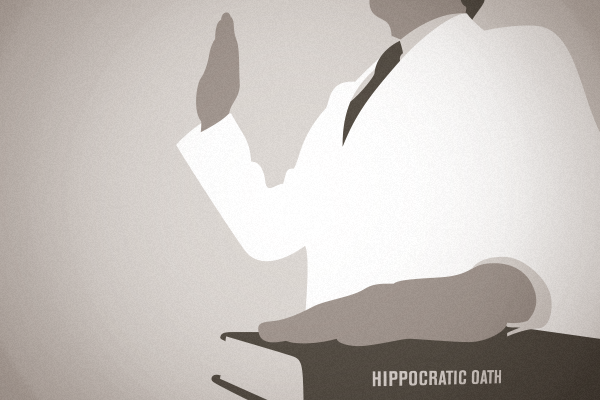Richard Gunderman wrote a phenomenal essay for The Atlantic earlier this month. In it he explains the importance of accountable health care, claiming “We can be our best only if we bear at least some of the costs of the choices we make.” It is accepted that healthcare costs have within the last few years become the single most common cause of personal bankruptcy in the U.S. Of course, the natural reaction is to think of the indebted patients as victims, and hospitals as greedy predators. It’s not like the patients tried to get sick to they could taken on expensive medical care. Meanwhile hospitals retrofitted with marbled lobbies and elaborate amenities are indicative of surplus wealth. So Gunderman begs the question, “Who could feel sympathy for a billion-dollar corporation?”
However, he also points out that if patients are to be forgiven of their debts, we might run out of hospitals to turn to. That’s because a hospital that liberally provides free care will soon find itself overrun with patients, while the other hospitals fail to generate revenues that exceed their costs, and go out of business (this is hypothetical, but still a valid point).
Read more

